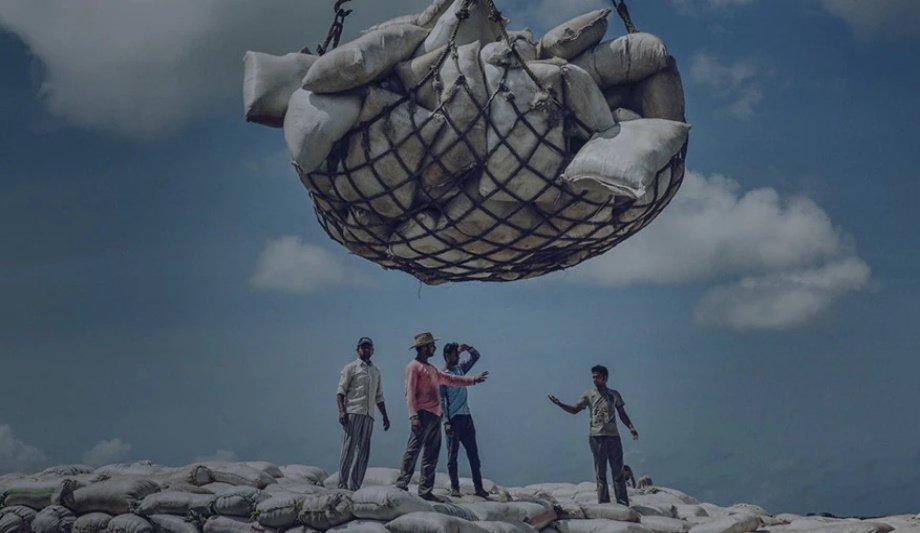Their involvement with children spans medical care for expectant mothers and babies, nutrition for infants and adolescents, educational aid and skill development, building capacity for water and sanitation, and protection against exploitation. The agency is also the world’s largest provider of vaccines and works to immunise children against a variety of diseases. The agency also offers support and preventive treatment for mothers and infants against HIV.
In Africa, the customer works with partners, communities and private players in the region to achieve the Sustainable Development Goals of zero hunger and poverty, quality health and education for all, gender equality and generating economic opportunity. Children are at the heart of these efforts.
The requirement
Malaria, a disease spread by mosquitoes, is particularly prevalent in sub-Saharan Africa, where its most virulent form infects an estimated 24 million children. Between 2014 and 2016, the customer began working closely with the government of Chad to strengthen their efforts against malaria. They required a logistics provider to transport mosquito nets to beneficiaries residing in remote destinations in Chad
Among the most effective means to preventing malaria is the practice of sleeping under a mosquito net. The customer is one of the world’s foremost providers of Long-Lasting Insecticide-Treated Nets (LLINs), with its focus on the most vulnerable children.
To this end, they required a reliable logistics provider to help transport mosquito nets over 400 FFEs sourced from around the world, to the port of Douala, Cameroon. Subsequently, the emergency cargo would need to be transported overland to beneficiaries residing in more than 40 remote destinations in Chad.
The challenge
A single consignment of mosquito nets runs into over 100 FFEs. At the time of the operation, the Doula port suffered from massive congestion and the absence of trucking capacity. This would lead to long delays and high costs to the customer.
Moreover, the shipment from around the world had to be consolidated at a single location before they could be transported into remote locations in Chad. Therefore, a hub for consolidation and another for deconsolidation had to be set up.
The Maersk solution
Having fully understood the challenges, Maersk’s team of local experts in Douala quickly designed an end-to-end emergency supply chain management plan. They also worked closely with port authorities, customs officers and transport unions to ensure that the operations ran smoothly without any delays.
The local teams were guided by a control tower solution implemented by the global team in Denmark, which acted as a single point of control to help manage the customer’s supply chain in real-time. The campaign involved a coordinated response, and substantial investments in global- and local-level planning, capacity-building and tracking and logistics management.
The result
Maersk has been able to contribute to increased LLIN coverage in Chad The operation was a great success, delivering LLINs to the beneficiaries on time. The control tower coordinated across the supply chain carriers, teams at the port and customs, trucking operations, warehousing sites and officials of the customer to stagger the cargo and ensure prompt delivery.
The operation also helped Maersk build capacity on the transport corridor. Consistently implemented, Maersk has been able to contribute to increased LLIN coverage in Chad. The operations have also helped strengthen joint planning, strategic coordination, and partnerships with various private sector logistics institutions.
Authority comment
"Insecticide-treated nets have saved lives, prevented suffering and brought us 2 billion steps closer to our vision of a malaria-free world. With country leadership and global partnership, they will continue to play a vital role in fulfilling that vision," said Dr Tedros Adhanom Ghebreyesus, Director General, World Health Organization.
